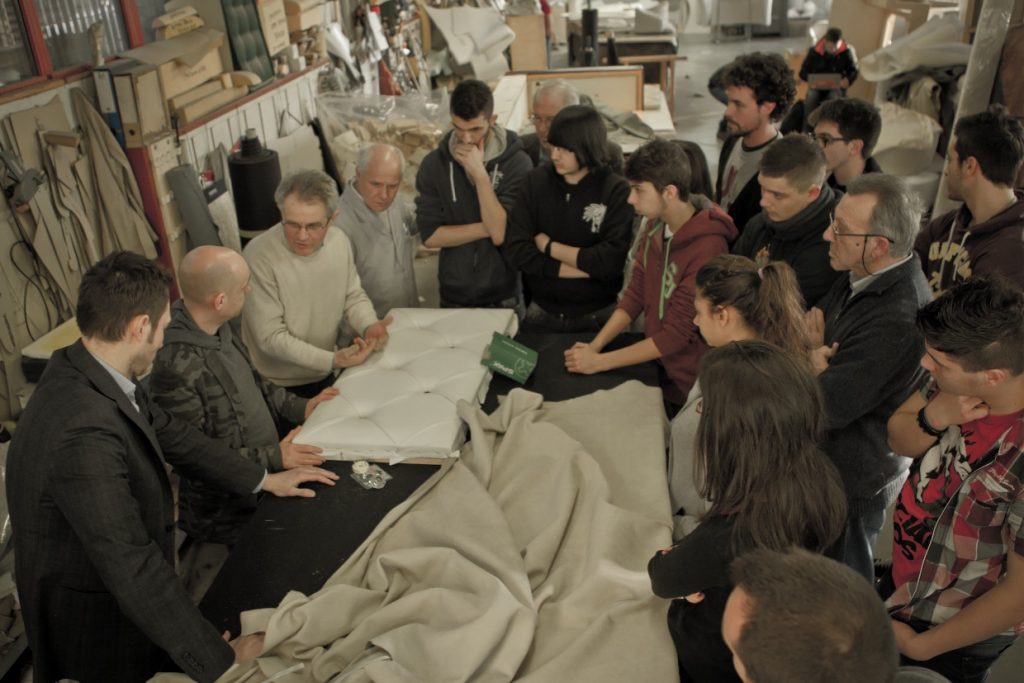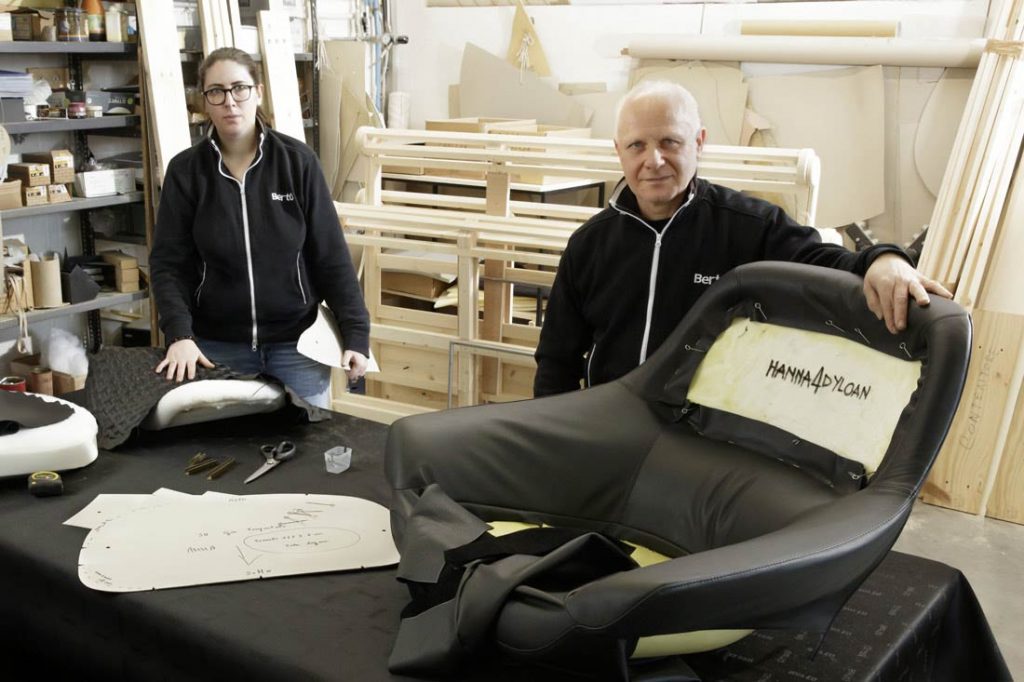In our book “The Spirit of 74 – 74 words to live happily the passion for our chosen profession“, on page 57, there is s short, synthetic phrase:
You do it.
Under this phrase a brief explanation introduces the subject in question, and that is:
Would you be able to do the jobs your collaborators do?
Would you be able to take their place?
We are really speaking about attitudes towards work.
About the respect and love for work.
Also in this sector, as in many others, the lessons taught to us by our founders, from the day they founded the society back in 1974, still continue to inspire us today: let me try to explain how.
In the world of work there are many different ways in which people behave, many different approaches which come naturally or which have been taught by expert, super-qualified teachers.
Over the years we have noticed how one trend in particular has become very popular, mainly among those who work in the field of human resources: the myth of super-specialisation.

It is evident that to do something well it’s necessary to study that specific subject or activity very thoroughly and in a dedicated and intensive way.
It is equally obvious that every single one of us, for a thousand reasons that range from individual preparation to previous experience, are better at certain tasks rather than others while it is easier to leave other jobs to our colleagues.
However… there are many “howevers” regarding this approach to super-specialisation.
There are many occasions which come to mind, scenes which we have seen in the Society over the years which almost always centred around Fioravante and Carlo Berto.
Situations in which no-one ever dared to pronounce the phrase “I don’t know how to do this” or, even worse “this isn’t my job” … in a company, work has always been sacred and it’s like this for everyone.

But is this super-specialisation really such a good line to follow?
Firstly: are we really sure that each one of us has just one talent or skill?
And then: are we absolutely sure that it’s a good strategy to limit the sphere of each of us to just one single activity?
And finally: regarding the people who are responsible for supervising the work of their colleagues: wouldn’t it be more useful if a department head was able to do the jobs of the people who work for him so that he or she understands the job and is therefore better able to support his or her staff?
We have to confess that, maybe because of our artisan traditions or maybe because of our love for work in general, we are terrorised by the idea that in a society everyone knows how to do their job well …. but only their own particular job!.
And this is the meaning of that phrase on page 57 of our book.
For us in BertO, knowing how to do more than one thing – and therefore being able to help our colleagues in many different ways – is something to be proud of.
Because it needs a great deal of humility to do someone else’s work and also to accept that a colleague is able to do ours.
However hard we try, always concentrating on doing the same thing, we all know that perfection doesn’t exist, it’s much better to have a more ample vision of the whole.

In these circumstances, someone might say:
And if I have never done this type of work, what can I do?
In this case the answer is simple:
What better moment to start learning?
The book The Spirit of 74 is not only the first book about BertO written by Filippo Berto himself, it is also a true designer object.
You can purchase your copy directly from our site here:
Our experienced interior designers are able to give you the best experience possible, applying their knowledge of “Made in Meda” to your personal needs and desires.
Realize your own dream design!
Ask now for your personalised consultation.
Ask now for your personal consultation and create your own furnishing project with one of BertO’s Made in Meda interior designers
